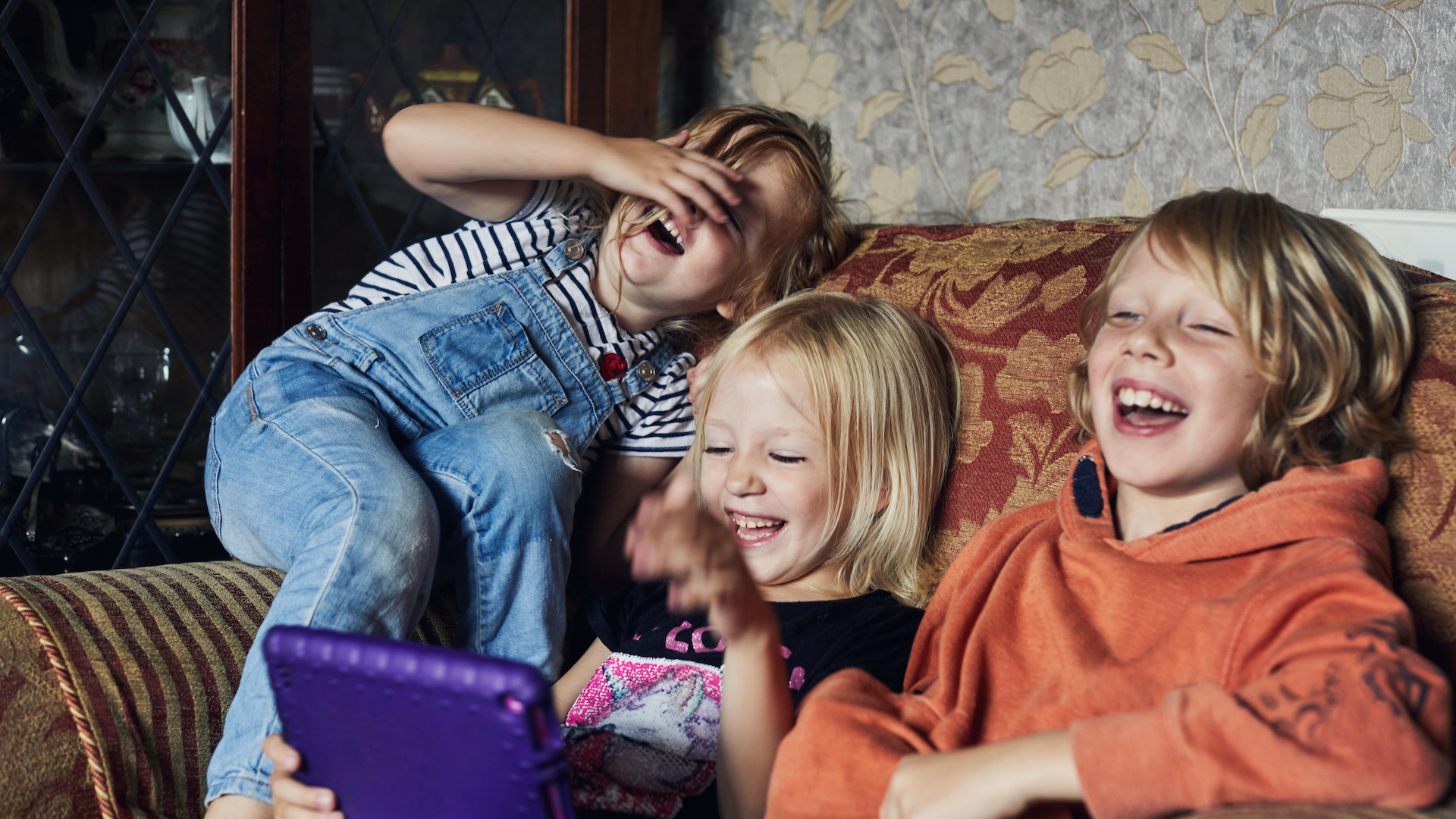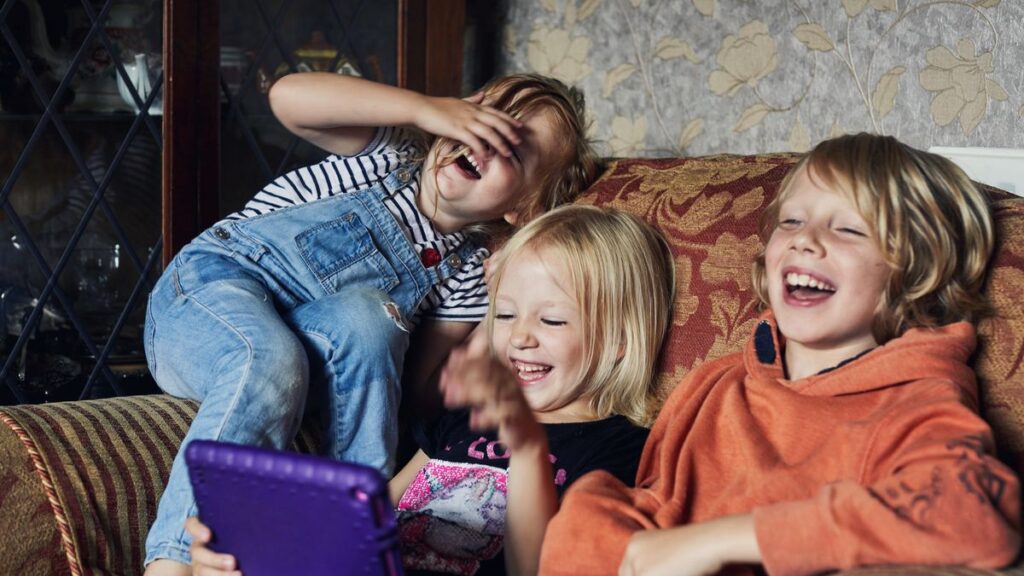
Middle children, rejoice: A new study finds that you’re more agreeable, honest and humble than your older and younger siblings.
But don’t crow too loudly at your holiday meal (not that you would, being so humble). The research contradicts previous large studies on birth order and personality and will likely need more research to replicate the findings.
Stereotypes abound
There are plenty of pop-psychology stereotypes about how one’s birth order affects personality, from the overachieving first born to the peacekeeping middle children to spoiled babies of the family. But most research has not supported these stereotypes. A 2015 commentary in the journal PNAS noted that studies over two decades found wildly contradictory results, with some showing very strong correlations between personality traits and birth order and others finding none at all. Many of these studies were small, non-representative samples.
In 2015, two studies with large samples were published. One looked at 20,000 people in the U.S., U.K. and Germany and tried to find relationships between birth order and personality traits as measured by the Big Five – five standard psychological categories of personality that are well-supported by research. (They are extraversion/introversion, agreeableness, openness to experience, neuroticism and conscientiousness.) The other study did something similar with a sample of 272,000 U.S. adults who attended high school in 1960 and are part of a long-running study called Project Talent.
Neither study made much of a case for birth order influencing personality. The three-country study found no relationship, while the Project Talent study found a very small relationship between intelligence and being an older sibling, perhaps suggesting that older siblings benefit from teaching their younger siblings. Still, despite this statistically detectable difference, a younger sibling will still score higher on an IQ test than their older sibling in four out of ten cases, the researchers wrote, meaning the finding has limited power to predict intelligence in the real world.
Related: Are these 4 personality types for real?
New dataset
Now, a new study argues that there are differences – and that crucially, they depend on family size. This study, published Monday (Dec. 23) in the journal PNAS, used a different personality measure called HEXACO, which was developed by Michael Ashtona and Kibeom Lee, the two authors of the new study. HEXACO overlaps with the Big Five personality dimensions, but with some differences. Its categories are honesty/humility, emotionality, extraversion, agreeableness, conscientiousness and openness to experience. Agreeableness in HEXACO means a tendency toward flexibility, grace, and forgiveness, whereas agreeableness in the Big Five is defined by warmth and cooperation.
The researchers used data from hexaco.org, where anyone can take a personality test to find out where they fall on this scale. For 710,797 individuals, they had information about birth order. For another 74,920 individuals, they had information about both birth order and number of siblings. (These studies do not differentiate between step-siblings, half siblings or other biological relationships, instead defining siblings as any other children in the household.)
In this dataset, the researchers found that middle children had the highest scores for honesty/humility and for agreeableness, followed by youngest siblings, then oldest, then only children. They also found that the more siblings a person had, the higher they scored in these same traits.
Because religious families tend to have more children, the researchers controlled for religiosity and found that religion explained about 25% of these differences, but that still left birth order and family size responsible for the rest. The differences between siblings are small, but the authors speculate that they could be due to the forced cooperation that occurs in large families.
“A commonsense possibility is that when one has more siblings, one must more frequently cooperate rather than act on selfish preferences,” Lee and Ashtona wrote. “This ongoing situation might then promote the development of cooperative tendencies generally.”
These findings are not likely to be the last word in birth order research, however. In 2020, for example, another study searching for differences between only children and children with siblings turned up no differences in narcissism. And a 2019 study comparing only children and people with siblings using HEXACO found only vanishingly small differences.
